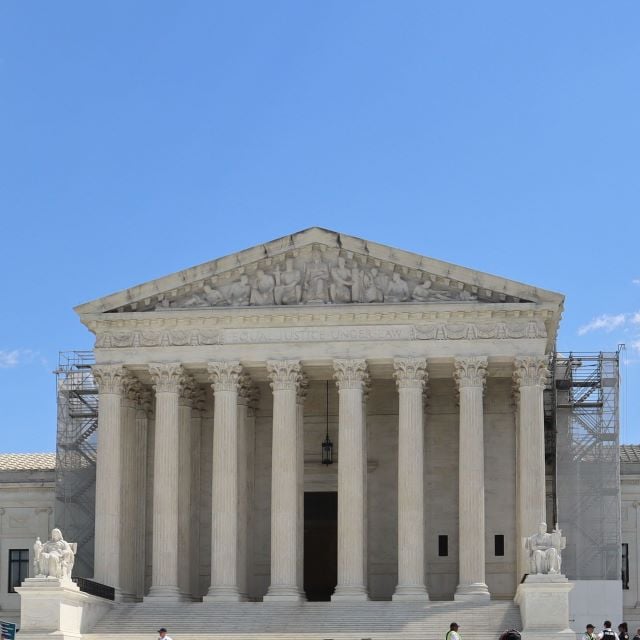How a New Supreme Court Ruling Could Affect Business Owner Clients

“This decision enables the IRS to continue taxing small businesses based on an artificial and inflated assessment of the company’s worth following the death of an owner,” Milito said in a comment.
4. The ruling might not do much damage to your clients, if they follow your suggestions and get good legal advice.
“Even the court — certainly not the last word on creative tax planning — suggests a variety of mitigating strategies,” writes Ronald Mann, a Columbia commercial law professor, in an analysis for SCOTUSblog. “I have every reason to think that the highly skilled tax planners of our economy will find a way to solve this problem.”
5. One strategy may be to make sure any stock redemption agreement is structured carefully.
The Supreme Court itself emphasizes that its ruling applies to the Crown C stock redemption agreement and might not apply in the same way to other stock redemption agreements, according to an analysis by Zach Carstens of Gibson Dunn.
The court did “not hold that a redemption obligation can never decrease a corporation’s value,” and it pointed out that a better-structured agreement could require “a corporation to liquidate operating assets to pay for the shares, thereby decreasing its future earning capacity,” Carstens wrote, citing a footnote in the opinion.
6. Another strategy might be to use a buy-sell agreement that involves what’s clearly a meaningful valuation process, not just a process designed to help a business owner’s heirs get a low valuation.
A buy-sell agreement that can stand up in court should contain “clear, fixed valuation methods or formulas to determine the price of shares,” according to William Klein and Cody Niess of Lathrop GPM.
“These methods can include binding appraisals conducted by qualified professionals, formula valuations, or annual (or other periodic) agreed values, but in the case of agreed values it is important to actually agree on the values as contemplated and have a fall back if that does not occur,” Klein and Niess wrote.
The focus has to be an ensuring that the terms of the arrangement are comparable to the terms of similar arrangements entered into by persons in arm’s-length transactions, the attorneys added.
7. Clients should make sure their advisors are thinking about the big picture.
The Supreme Court may have suggested that business owners can avoid the problems involved in the Connelly ruling by using a cross-purchase arrangement, rather than a buy-sell agreement, but clients and their advisors should recognize that succession planning decisions could affect other arrangements, according to a team of attorneys at Nixon Peabody.
Many closely held businesses use buy-sell agreements to avoid losing S corporation status, and “these businesses may not even be considering estate planning consequences when entering into these plans,” the Nixon Peabody attorneys wrote. “The decision in Connelly is now another good reason to have a tax professional review these arrangements.”
The U.S. Supreme Court ruled 9-0 for the IRS, and against an estate, last week in Connelly v. United States. Credit: Eden Jackson Landow/ALM




